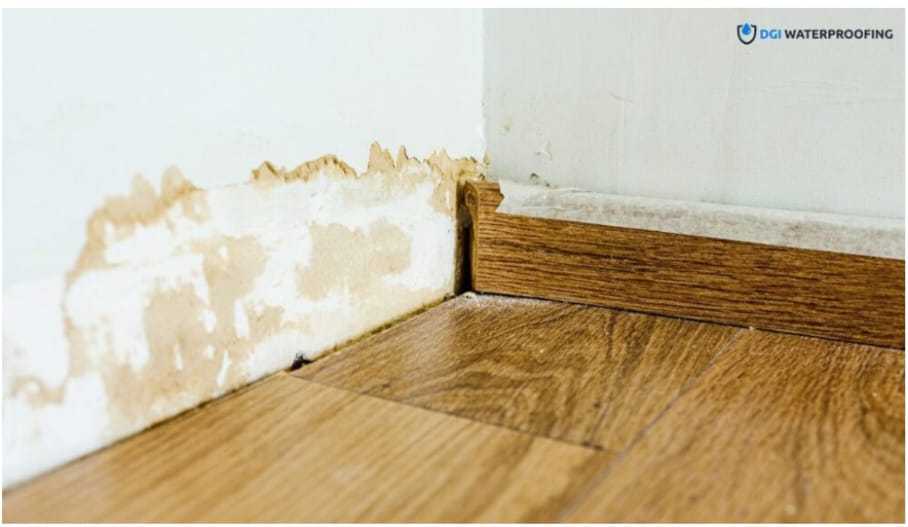Preventive Measures to Avoid Basement Leaks: Tips and Strategies

The proverb goes “prevention is better than cure”. If it comes to your property, embracing preventive measures often saves you expensive repairs and replacement. In this article, we will discuss 5 maintenance tips to avoid basement leaks.
Cleaning Gutter and Downspout
Gutters, downspouts and eavestroughs are integral to any drainage system, residential or commercial. They drain rainwater away from your basement, preventing damages to your property. However, if they get broken, clogged or are not set up properly, water will collect in your basement. Overtime, it will lead to leakage and cause damage to your house.
To prevent clogging, inspect things up close. If you can find leaves, debris or water, remove all these to clean the passage. Gutter cleaning kits are available in the market; these will make your job easier.
Inspecting Basement Window Well
A quick inspection will help you identify potential issues that may cause leaks in a few months or years. Look for drainage issues while inspecting basement window wells, including water accumulation, leaves and other debris, sediment contamination etc. If any debris is spotted, clean the area properly.
Another sign to check for is staining around on the basement walls underneath windows. Moisture often accumulates in these areas i.e, between the basement and the window frame. Faulty drainage in window wells often causes serious moisture problems with basement windows.
Land Grading Around Foundation
Poor grading around your basement exterior is another common issue responsible for basement leaks. This happens if the ground slopes towards the basement or backyard landscaping does not allow for proper drainage.
The best way to check if grading is causing problems on your property is to take a walk around after or during a heavy shower. If the slope of ground level is towards your foundation or water accumulates, it is a telltale sign of water damage (existing or potential). You can add a bit of soil and reseed to fix any low spots.
Interlock brick and soil close to the basement take time to settle. A thorough inspection annually will ensure discovery and diagnosis of issues at the right time.
Monitoring Basement Moisture
Though annual inspection of your basement is highly important, leaks can form earlier. Heavy rains, sump pump failure or sewer back-ups often cause quick leakages in your basement., contributing to rising ground water level.
The best preventive action to cover all the riks is to buy a moisture detector. These devices can keep a round-the-clock watch on your basement for leaks, identify non-visible signs of leakage or moisture issues and alert you to the problems.
Inspecting Sump Pump
These pumps are the first line of defence against swelling groundwater after a heavy shower. They pump water away from your foundation. However, with other home appliances, these pumps also require proper inspection and maintenance to ensure that they are in excellent working condition.
Check for the following items while inspecting sump pumps:
- Check the power source
- Test the sump pump
- Check for the debris in the sump pump and clean it
- Check drain pipes
- Ensure the sump pump is level
Last but not the least, consider basement leaks repair through waterproofing for the best result.
